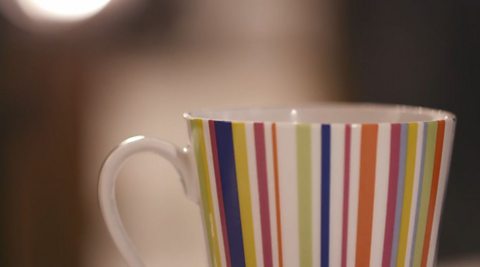Secondary Chemistry
KS3 Chemistry • Ages 11-14
Operation Awesome
In this entertaining BBC series pupils explore a range of amazing practical science challenges with presenter Steve Mould. This short film will be relevant for teaching science at Key Stage 2 & Chemistry at Key Stage 3 in England, Wales and Northern Ireland and at Second and Third Level in Scotland.
- AttributionKS3 • Ages 11-14
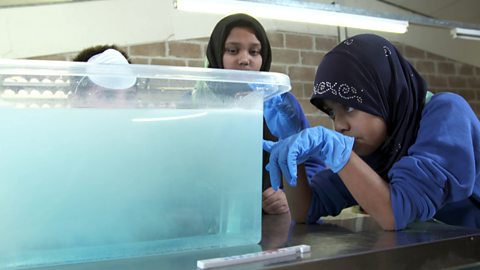
Chemistry Bites
Chemistry focused short films from the BBC series Chemistry Bites, presented by scientist and rapper Jon Chase.
- AttributionKS3/GCSE • Ages 11-16

Materials: How They Work
These clips will be relevant for teaching Physics and Chemistry at KS3 and GCSE Level. This topic appears in OCR, Edexcel, AQA, WJEC in England and Wales, CCEA GCSE in Northern Ireland and SQA National 4/5 in Scotland.
- AttributionKS3/GCSE • Ages 11-16
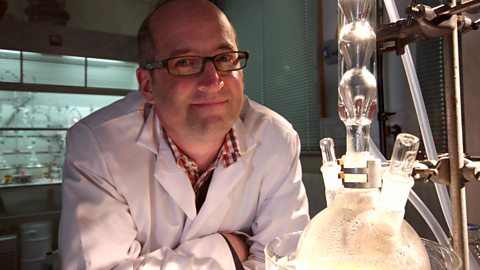
The Alchemist's Apprentice
Dr Peter Wothers explores the properties of fire with three Key Stage 3 students at his laboratory in the University of Cambridge’s Department of Chemistry.
- AttributionKS3/GCSE • Ages 11-16
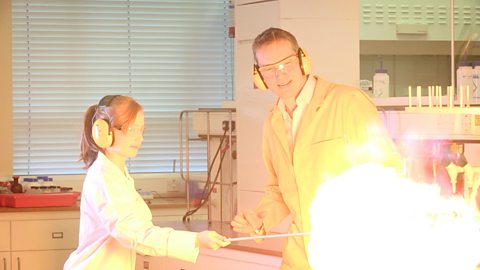
GCSE Chemistry • Ages 14-16
GCSE required practicals - Biology, Physics and Chemistry
Each film focuses on a GCSE Required Practical included in AQA, Edexcel and OCR specifications.
- AttributionGCSE • Ages 14-16
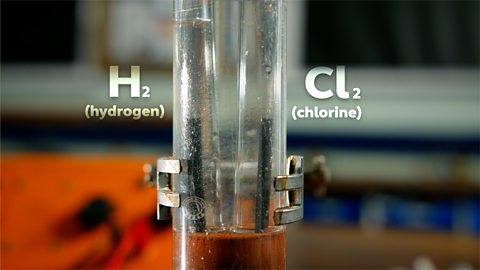
Real World Chemistry
Fran Scott discovers how huge-scale chemical processes go into producing the world's most used materials. Suitable for Key Stage 3 and Key Stage 4.
- AttributionGCSE • Ages 14-16
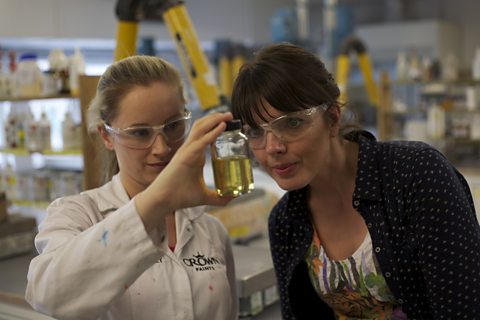
Science Britannica
Brian Cox explores 350 years of British science and finds out how it has helped shape the world.
- AttributionKS3/GCSE • Ages 11-16
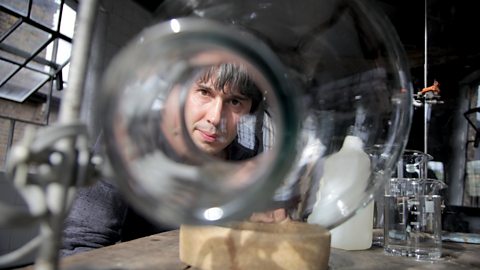
Wonders of the Universe
Prof Brian Cox explains the science at the heart of the universe. Suitable for teaching Key Stage 3 and National 4.
- AttributionKS3/GCSE • Ages 11-16
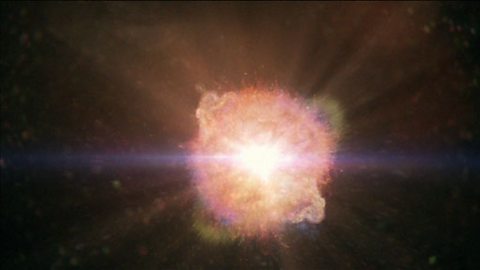
What's the formula for a perfect cup of tea?
From the type of tea to use, to how long to brew it, and if (or when) to add milk – everyone's got their own opinion on how to make a great cuppa. But using scientific analysis, can we find a definitive answer?
- AttributionKS3/GCSE • Ages 11-16
